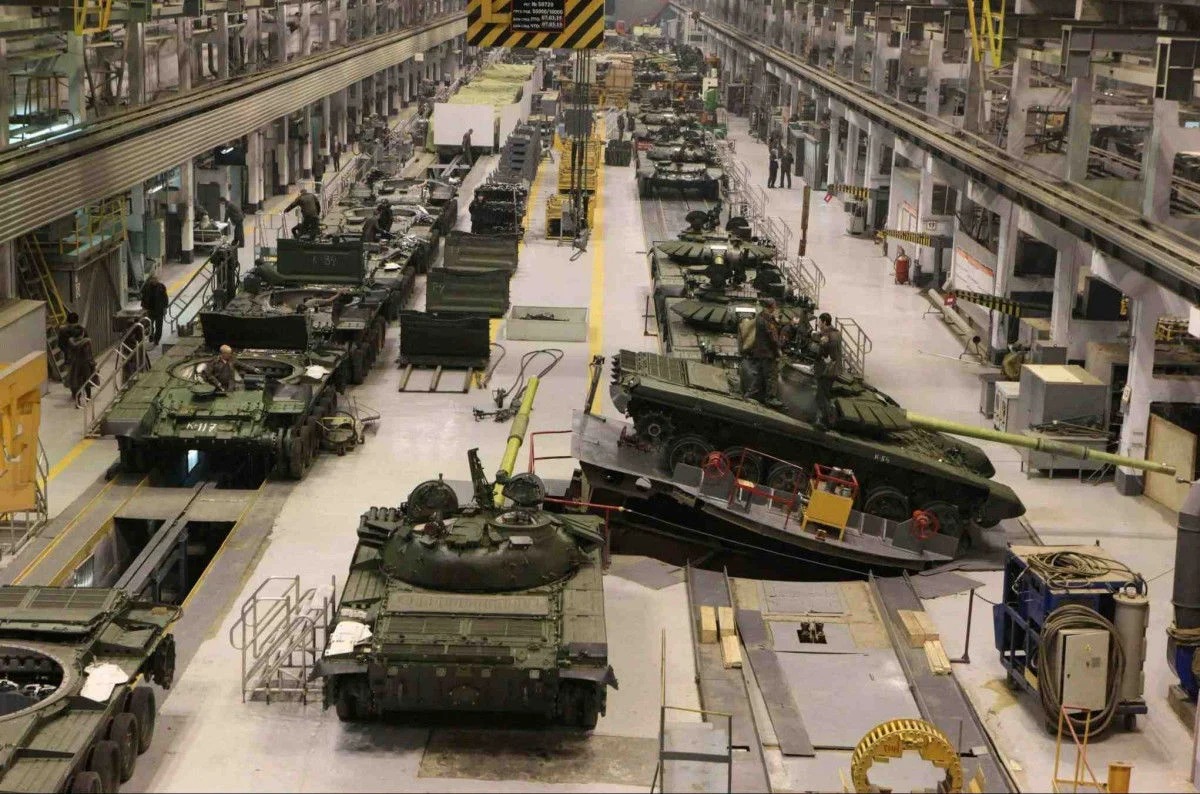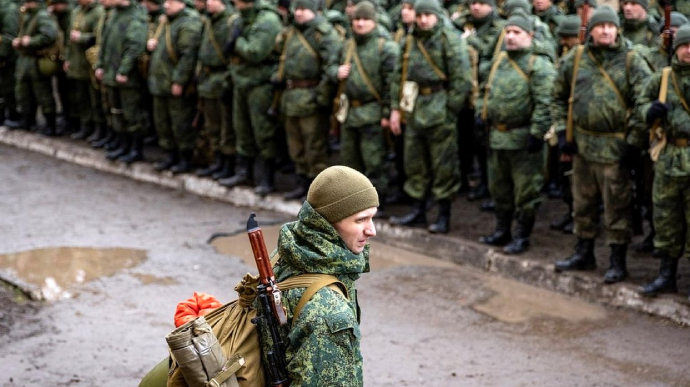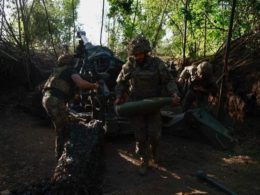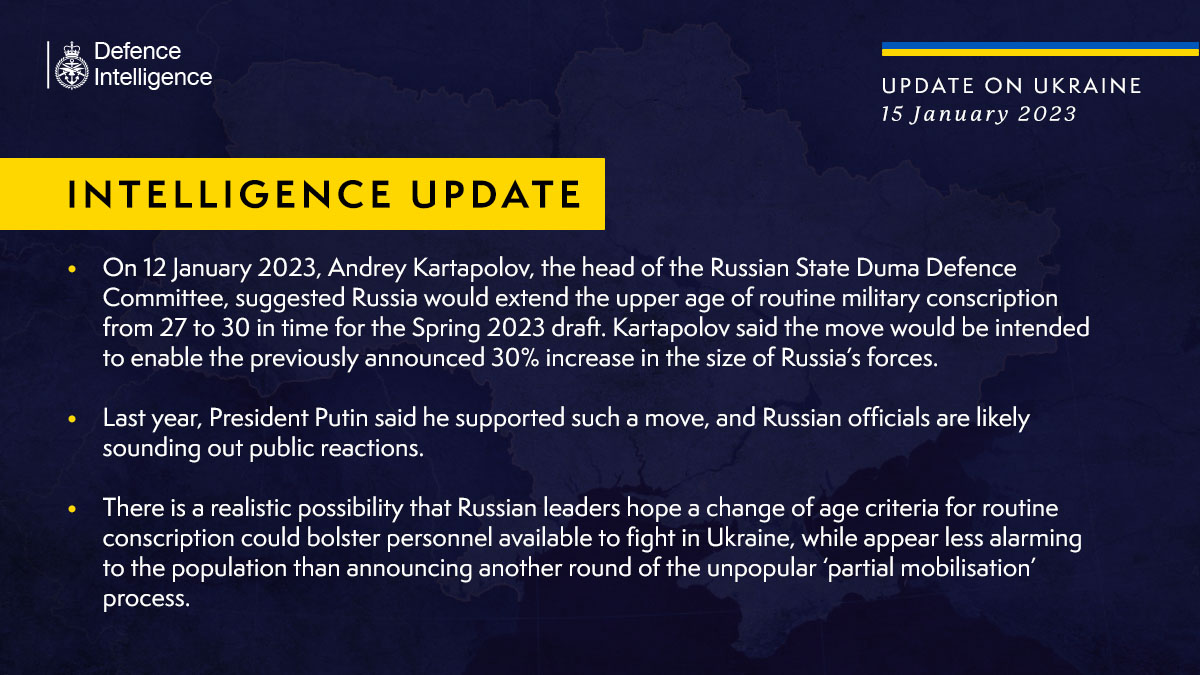In its 11 September intelligence update, the British Defense Ministry says that Russia's intent to secure 420,000 military recruits by the end of 2023 results in worsening workforce shortages, particularly in industries, with a noted 42% shortage in July 2023 — the IT sector's challenges prompt age exemption changes.
The ministry tweeted:
- The Russian military intends to recruit 420,000 contract personnel by the end of 2023. On 3 September 2023, Russian Security Council Deputy Chairman Dimitry Medvedev stated that so far 280,000 personnel had been recruited. These numbers cannot be independently verified. Russia's conscription continues to have negative effects on its industry workforce. The Yegor Gaidar Institute for Economic Policy found that Russia's industry shortage of workers reached a new high of 42% for July 2023, 7% higher from April 2023.
- In contrast to conscription efforts elsewhere, in the IT sector Russia has taken steps to preserve the workforce. This likely highlights the particularly acute shortages in the sector after about 100,000 IT workers left Russia in 2022. This equates to 10% of the IT sector workforce. On 4 September 2023, President Putin signed a decree to increase the exemption age of military recruitment for IT professionals from 27 to 30.
- This shows that mobilisation and conscription within Russia has worsened non-defence workforce shortages. In the run-up to the Russian presidential elections scheduled for March 2024, Russian authorities will likely seek to avoid further unpopular mobilisations.
Read also:
- Russia claims 280,000 contract soldier enlistments this year in military expansion effort
- Ukraine spy chief: Russia has no resources to continue war, save for human ones
- Russia’s military budget increases to 4.4% of GDP in 2023 with true military expenditure uncertain – British intel
- Ukraine gov’t: over 20,000 Russia-mobilized Horlivka residents died in all-out war
- Russia’s shift towards mandating sacrifices in war effort echoes Soviet-style compulsion – UK intel





